Beyond Cats & Dogs: 8 Surprisingly Popular Unusual Pets
Ready to Rethink Your Pet Choices?
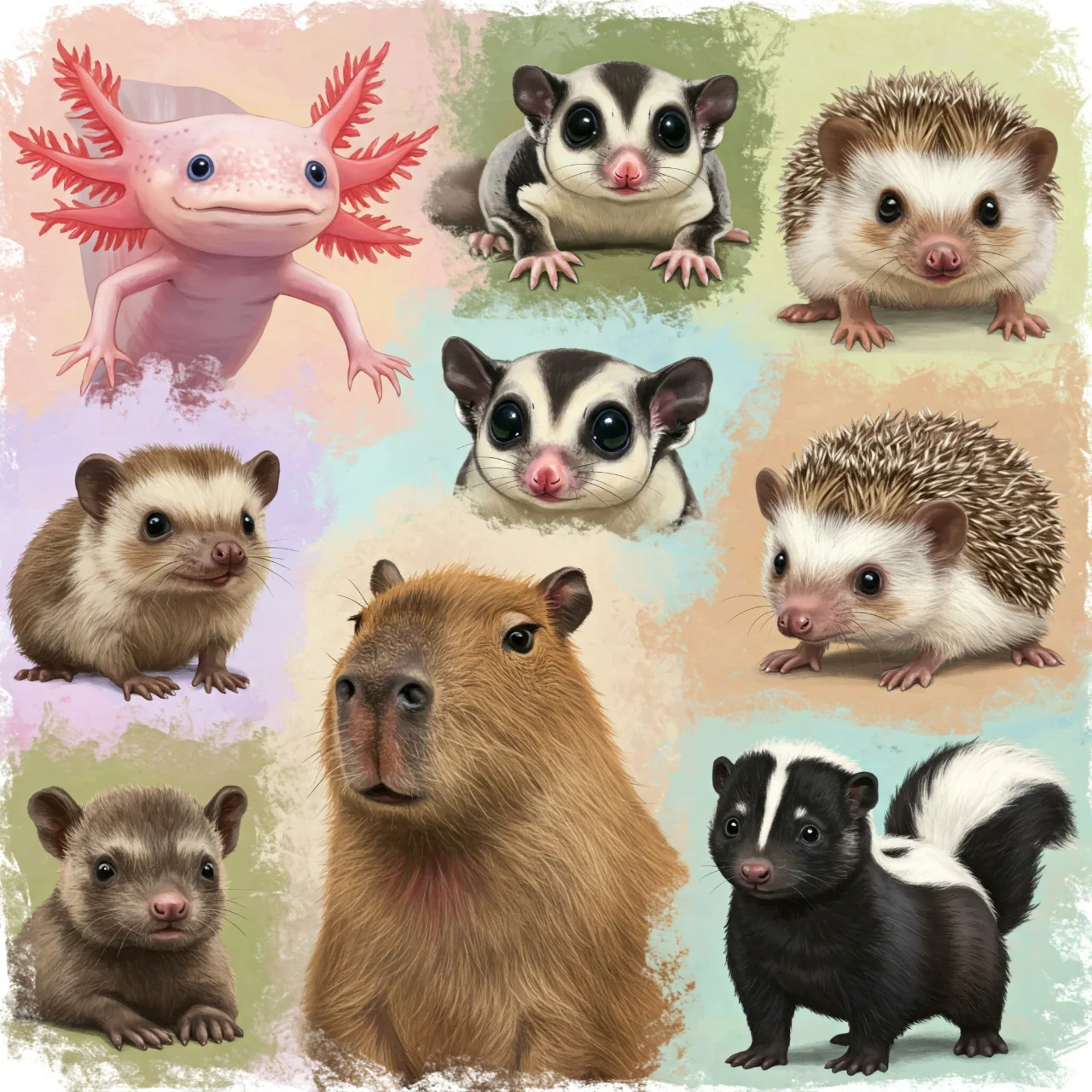
For centuries, cats and dogs have reigned supreme as our beloved companions. But a growing number of pet owners are venturing *beyond* the traditional, seeking out unique and fascinating creatures to share their lives with. This isn't just a fleeting trend – it reflects a desire for something different, a deeper connection with nature, or simply a love for the wonderfully weird! We've compiled a list of 8 unusual pets that are gaining popularity, offering a glimpse into the world of exotic animal ownership. Get ready to be surprised!
Axolotl: The Walking Fish
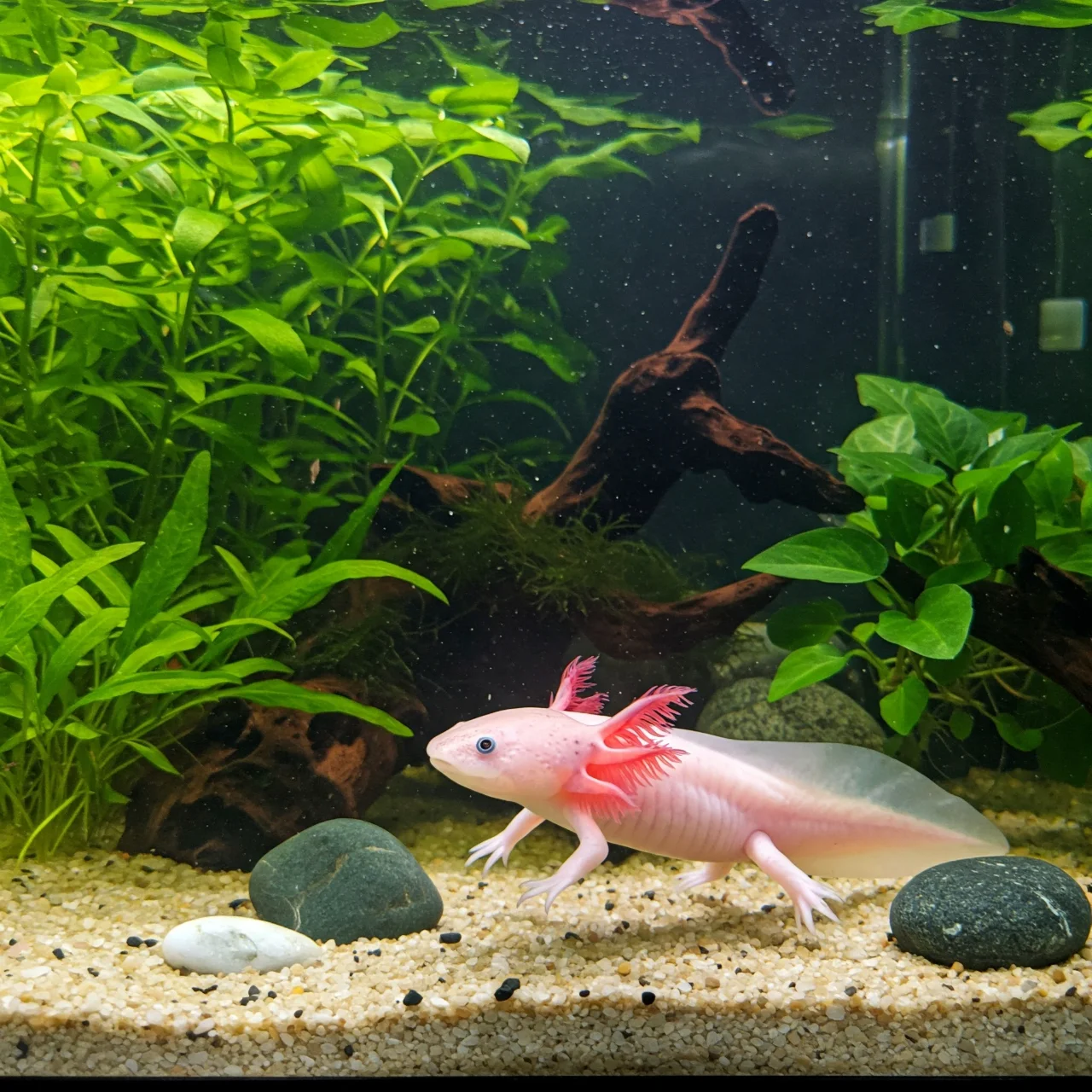
These aquatic salamanders, native to Mexico, are captivating with their feathery gills and perpetual smiles! Axolotls are fully aquatic, meaning they retain their larval features throughout their lives, giving them an almost otherworldly appearance. Relatively low-maintenance, they require a cool, clean aquatic environment. However, they’re sensitive to water conditions and require specific diets. As unusual pets go, axolotls are relatively popular choice, but responsible ownership means understanding their specific needs and ensuring their habitat is perfect. They're part of a growing trend in keeping exotic amphibians.
Sugar Gliders: Pocket-Sized Flyers
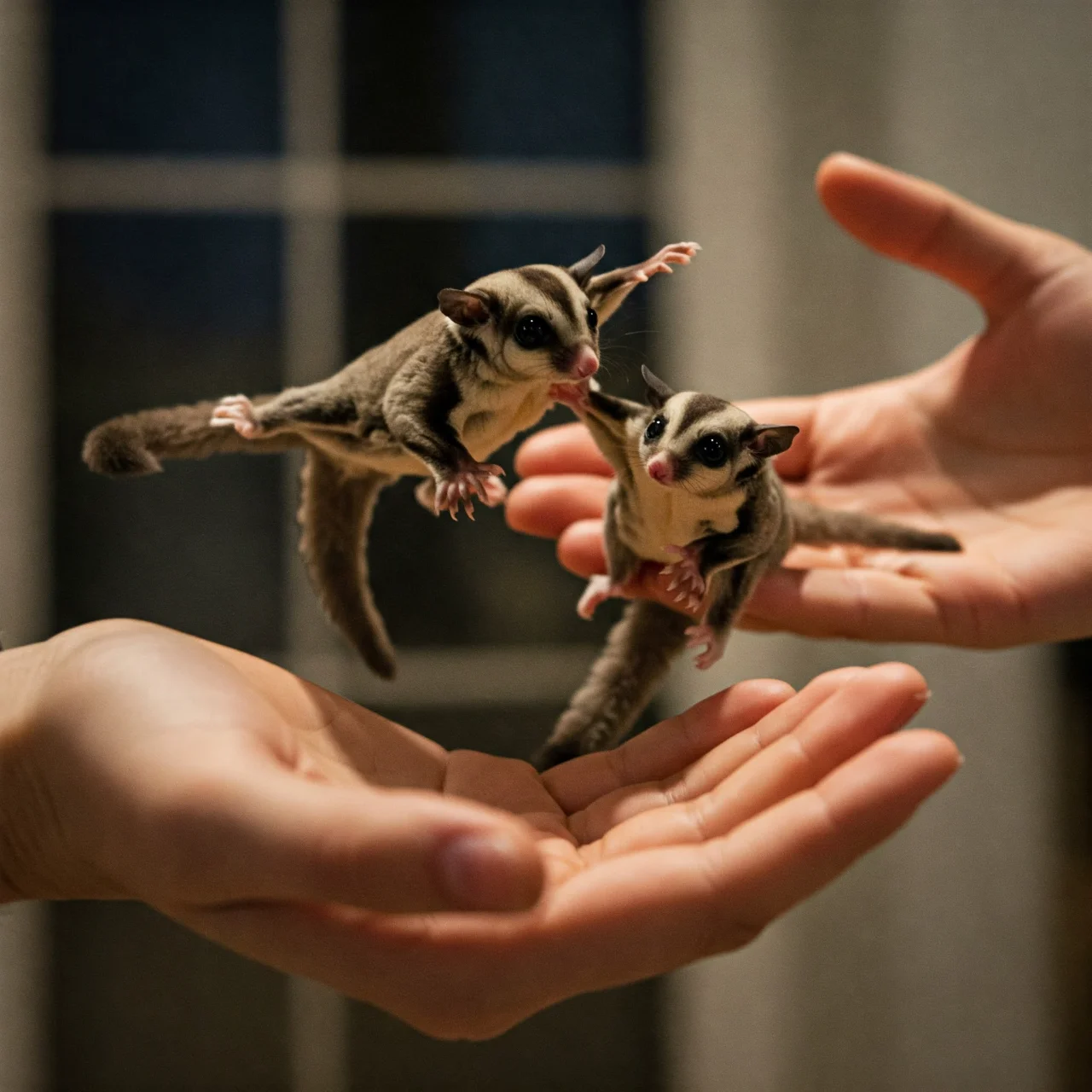
These tiny marsupials from Australia and Indonesia are known for their adorable appearance and ability to glide through the air using a membrane stretched between their limbs. Sugar gliders are incredibly social animals and *require* a companion – keeping a single glider is often considered cruel. They need large cages, plenty of enrichment, and a specialized diet. While undeniably cute, potential owners need to be prepared for their nocturnal habits and specific dietary requirements. They’ve become increasingly sought-after as unusual pets.
Skunks: Surprisingly Sweet Companions
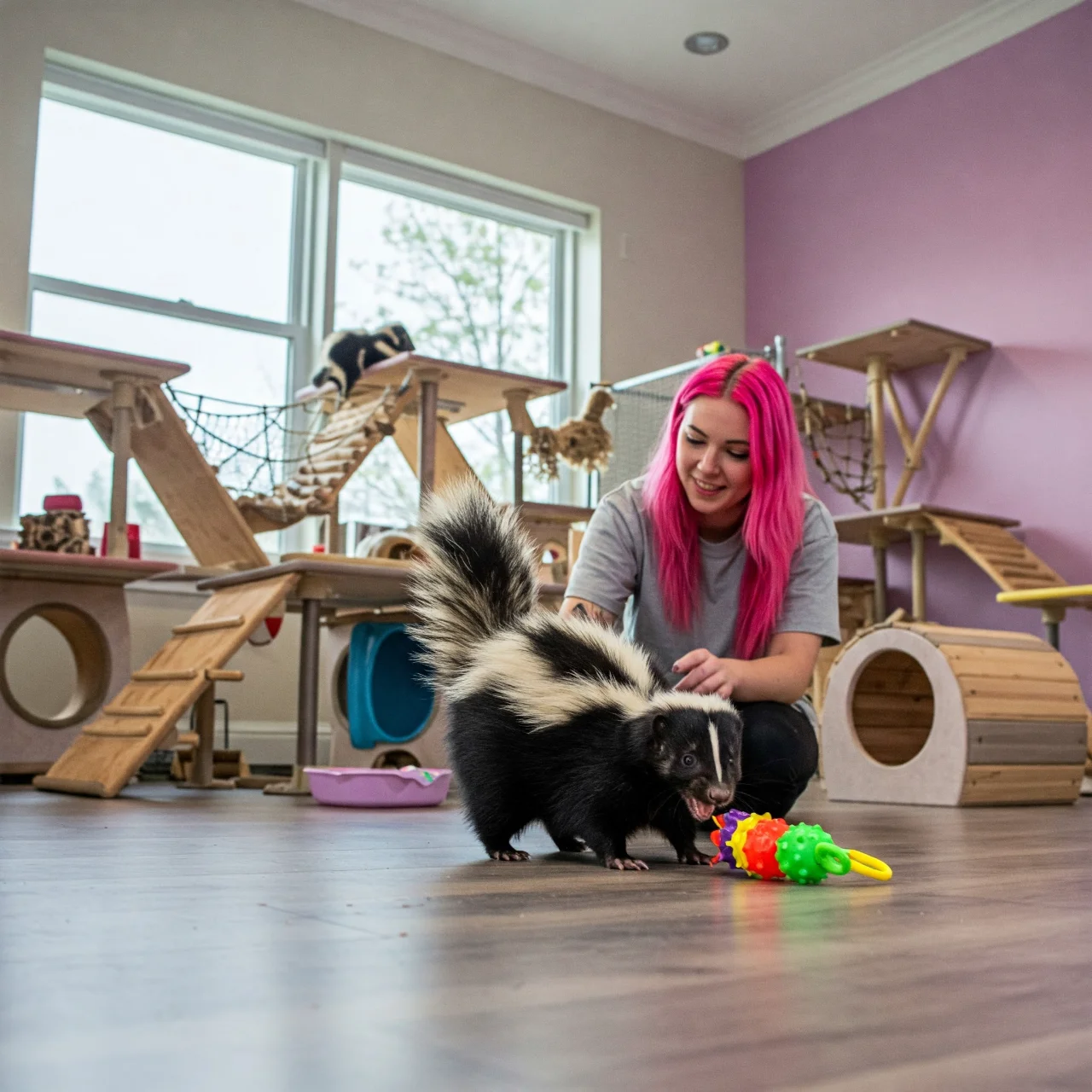
Yes, you read that right! De-scented skunks are gaining traction as pets, particularly in areas where it's legal. Contrary to popular belief, they're intelligent, playful, and affectionate creatures. While the scent glands are removed at a young age, responsible ownership includes providing a stimulating environment and understanding their digging instincts. Skunks require a specialized diet, regular veterinary care, and a secure enclosure. They're a complex pet, and potential owners must thoroughly research the laws and requirements in their area before considering one.
Hedgehogs: Pint-Sized Prickly Pals
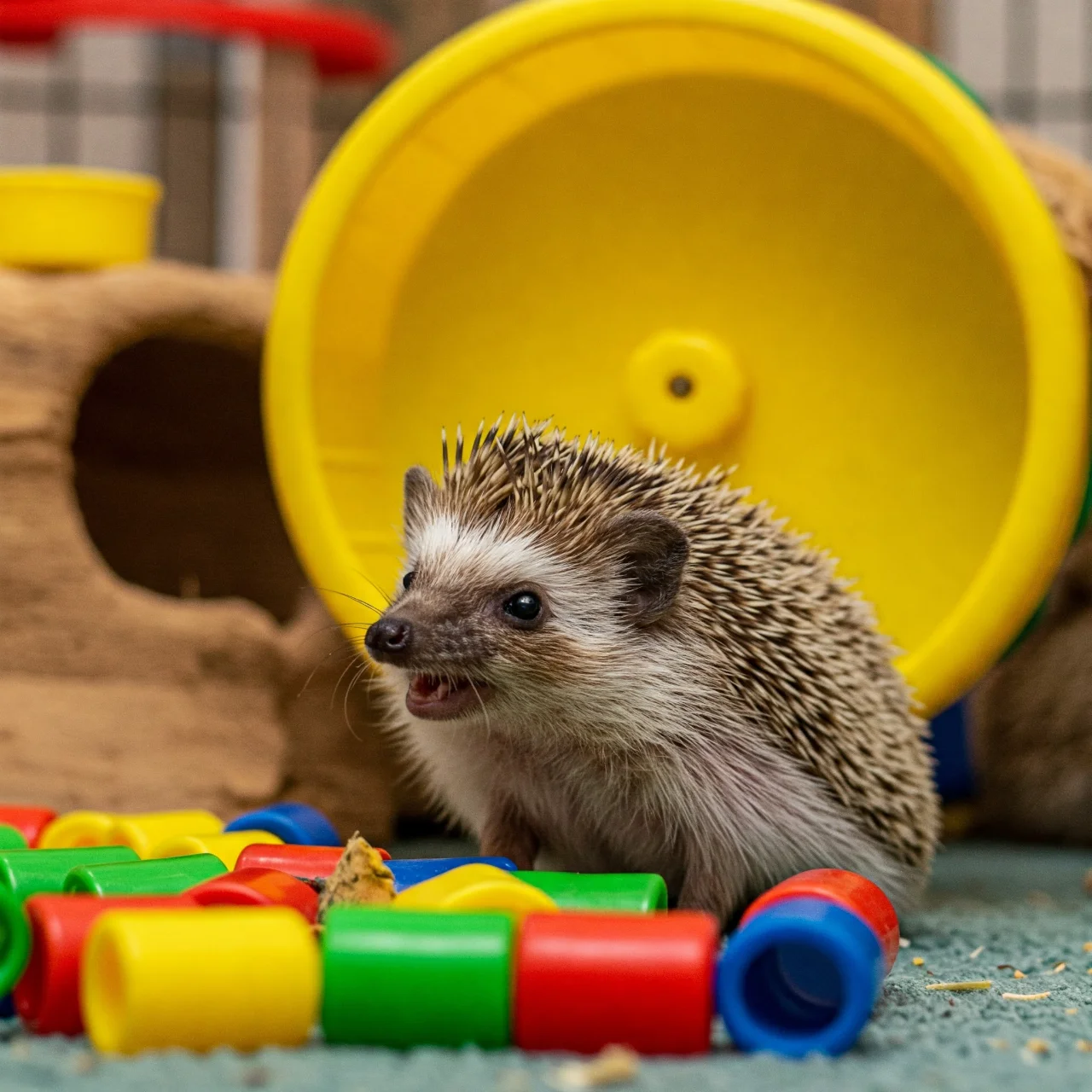
These insectivores are undeniably adorable, and their small size makes them appealing for apartment living. Hedgehogs are relatively low-maintenance but still require specific care. They need a secure enclosure, a temperature-controlled environment, a running wheel for exercise, and a diet primarily consisting of insects and hedgehog-specific food. They’re crepuscular, meaning they are most active at dawn and dusk. Be prepared for some quills—handling takes some getting used to! They’re a popular choice for someone seeking unusual pets.
Capybaras: Gentle Giants
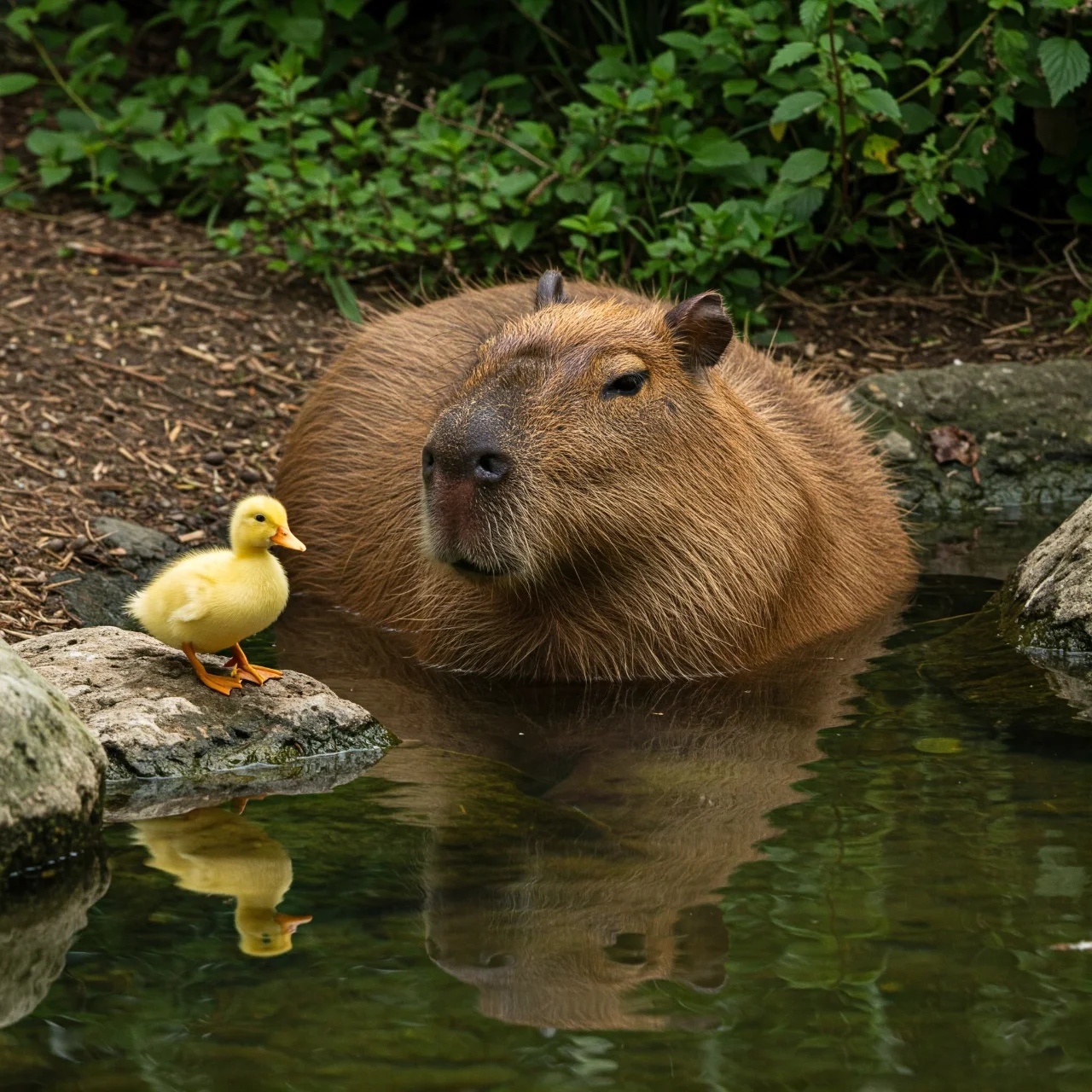
The world's largest rodent is also one of its most chill! These semi-aquatic animals are native to South America and are incredibly social. They need a *lot* of space—both indoors and access to a large pool or pond—and thrive with companionship. Capybaras are surprisingly friendly and enjoy interacting with humans and other animals. However, they require significant commitment in terms of space, diet, and veterinary care, making them a less common, but fascinating choice in the world of unusual pets.
Servals: Miniature Leopards (with Caveats)
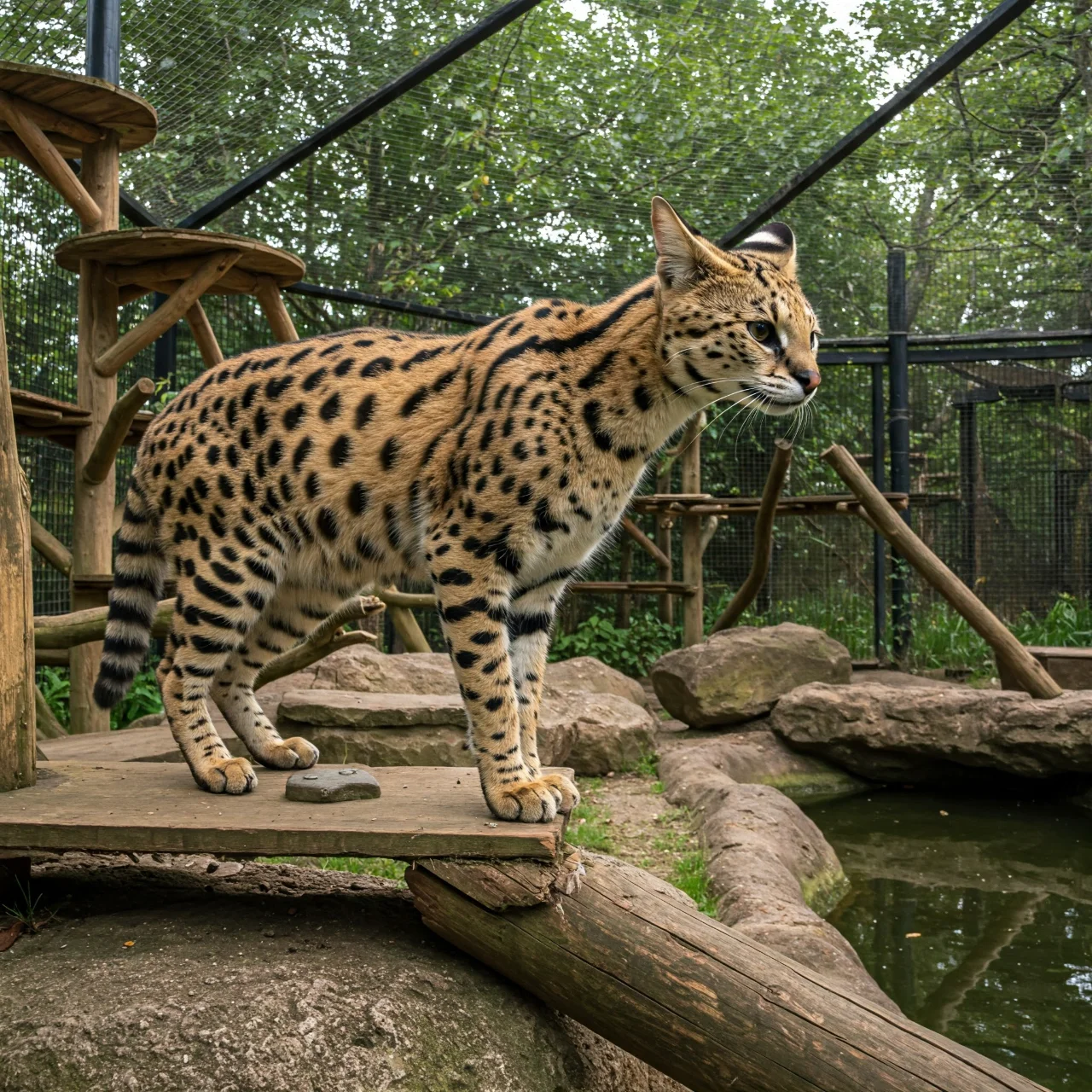
These striking African wildcats are certainly eye-catching, but owning a serval is a *huge* responsibility and often illegal or heavily regulated. They require extensive outdoor space, specialized diets, and expert veterinary care. Servals are naturally energetic and have strong hunting instincts, making them unsuitable for typical household environments. Beyond ethical concerns about keeping a wild animal in captivity, laws governing exotic pet ownership vary drastically. Considering a serval requires deep research and understanding of the lifelong commitment involved.
Wallabies: Hopping into Your Heart
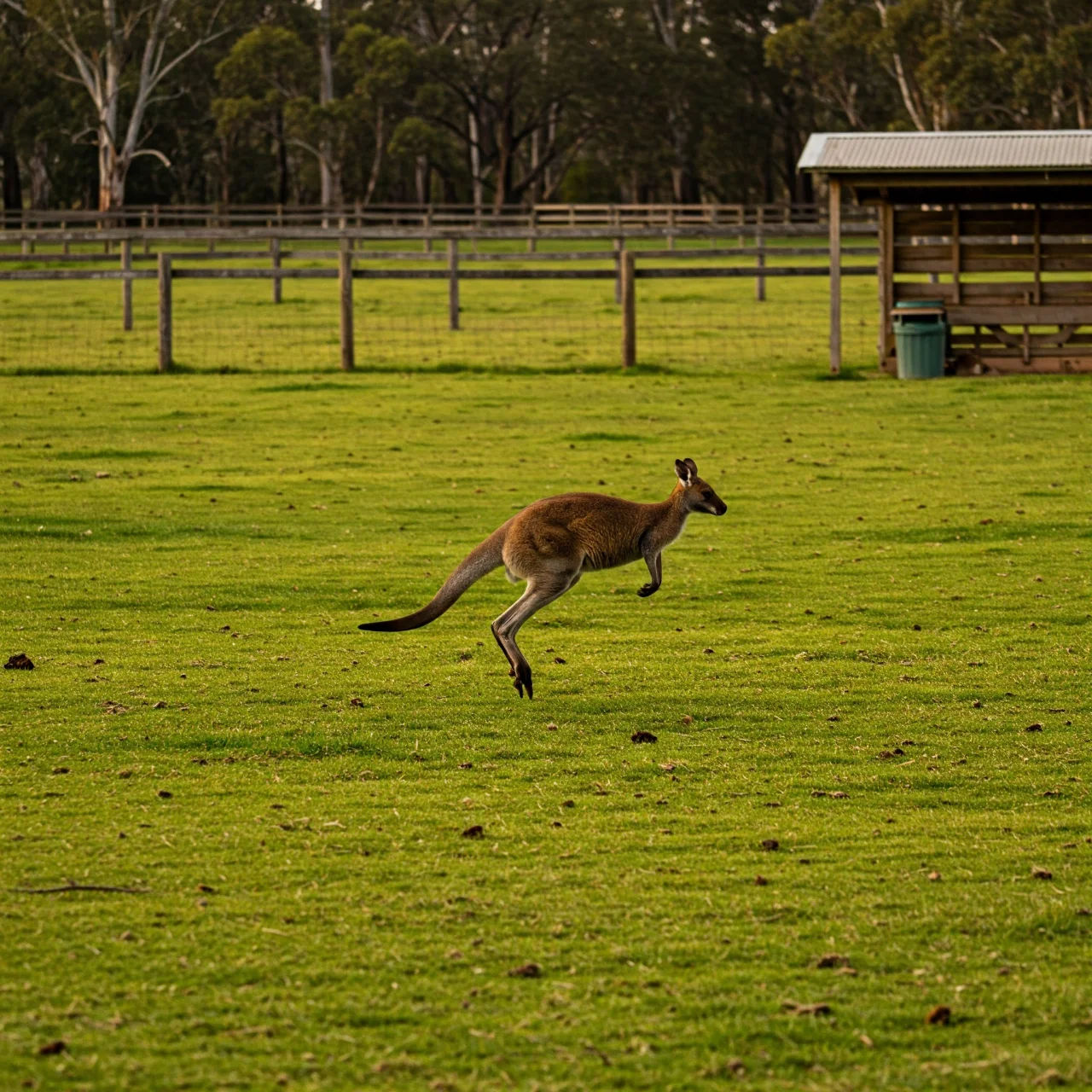
Smaller relatives of kangaroos, wallabies are gaining popularity, though similarly to servals, ownership is often restricted and requires significant space and effort. They need large, secure enclosures with plenty of room to hop and graze. They are social animals and often do best with a companion. Wallabies have specific dietary needs and require specialized veterinary care. Before considering a wallaby, thoroughly research your local and state laws regarding exotic animal ownership; they’re a commitment akin to owning a small farm animal and represent a fascinating, but demanding choice among unusual pets.
Comments
Loading comments...